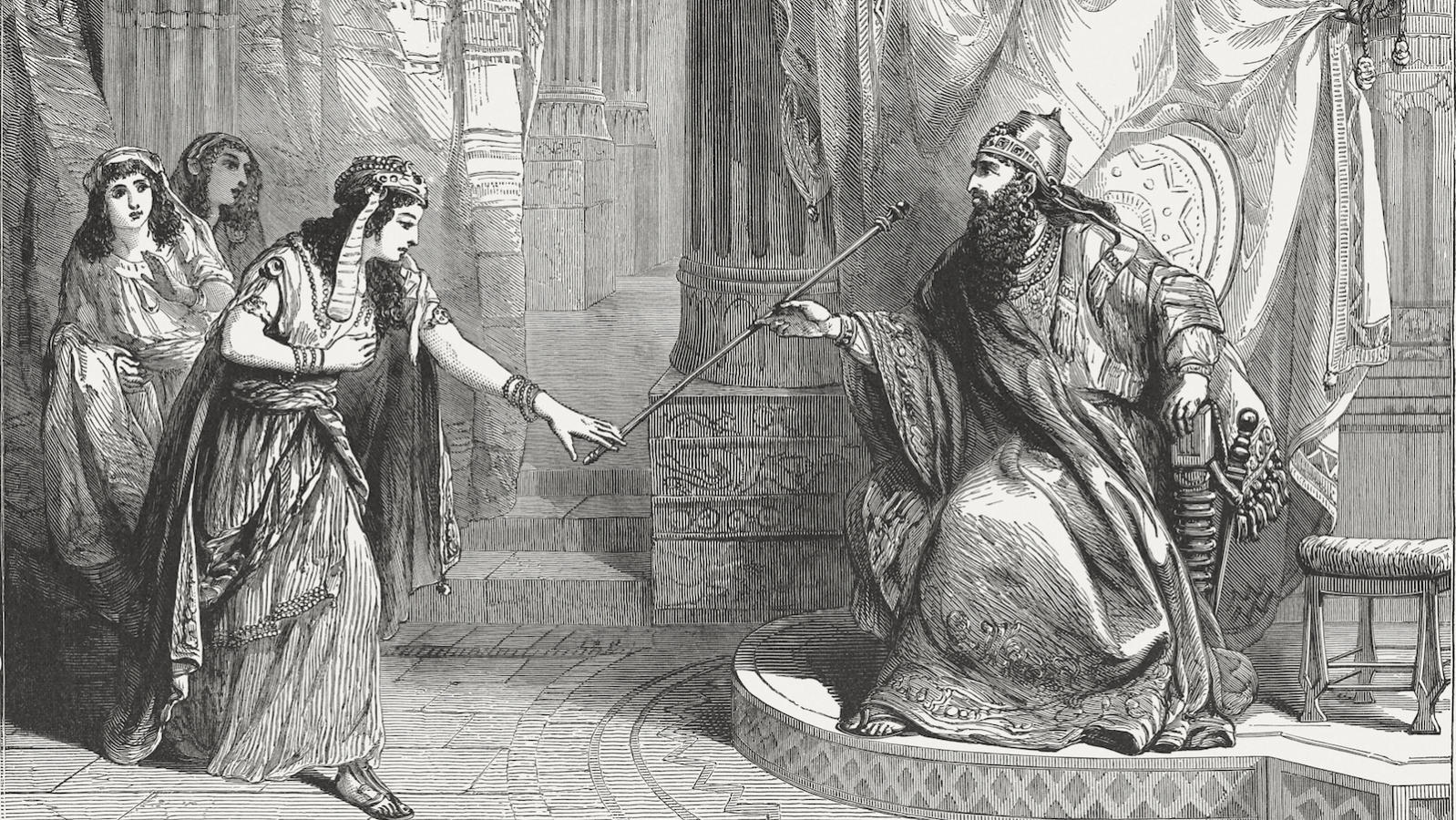Logic and world history tell us that the conquered Jews should have adopted the customs and standards of those among whom they were forced to live. Instead, as Purim instructs, they saved themselves not by “fitting in” with the surrounding populations, but by maintaining their values and way of life. The philosophy they developed to compensate for their generally miserable situation embraced the belief that their difference was positive, that they had a system of life worth protecting, and they had somewhere to go with it.
Their design of the commemoration of Purim for all generations developed out of this attitude. It provides guidelines on how to live as Jews–how to preserve ourselves–in the Diaspora.
The custom of giving gifts to friends, and especially to the poor, along with praying and fasting together, teaches us the importance of unity and community. We are responsible for each other, and working together we can accomplish miracles.
Retelling the story of Purim instructs us to learn not only the Book of Esther, but all the books of Torah. They tell us who we are, where we came from, where we are going, and, most important, how to get there.
With your help, My Jewish Learning can provide endless opportunities for learning, connection and discovery.
The self-transformation of Esther and the Jewish community of Persia illustrates the importance of recognizing the influences of other cultures, including subtle economic and social pressures, which interfere with our spiritual values and can make us blind to political realities. At the same time, the Book of Esther clearly shows that it is not necessary to abandon Judaism for professional or political advancement, or vice versa. One can be both a loyal citizen and a practicing Jew.
Excerpted with permission from Celebrate! The Complete Jewish Holiday Handbook (Jason Aronson).
Purim
Pronounced: PUR-im, the Feast of Lots, Origin: Hebrew, a joyous holiday that recounts the saving of the Jews from a threatened massacre during the Persian period.



